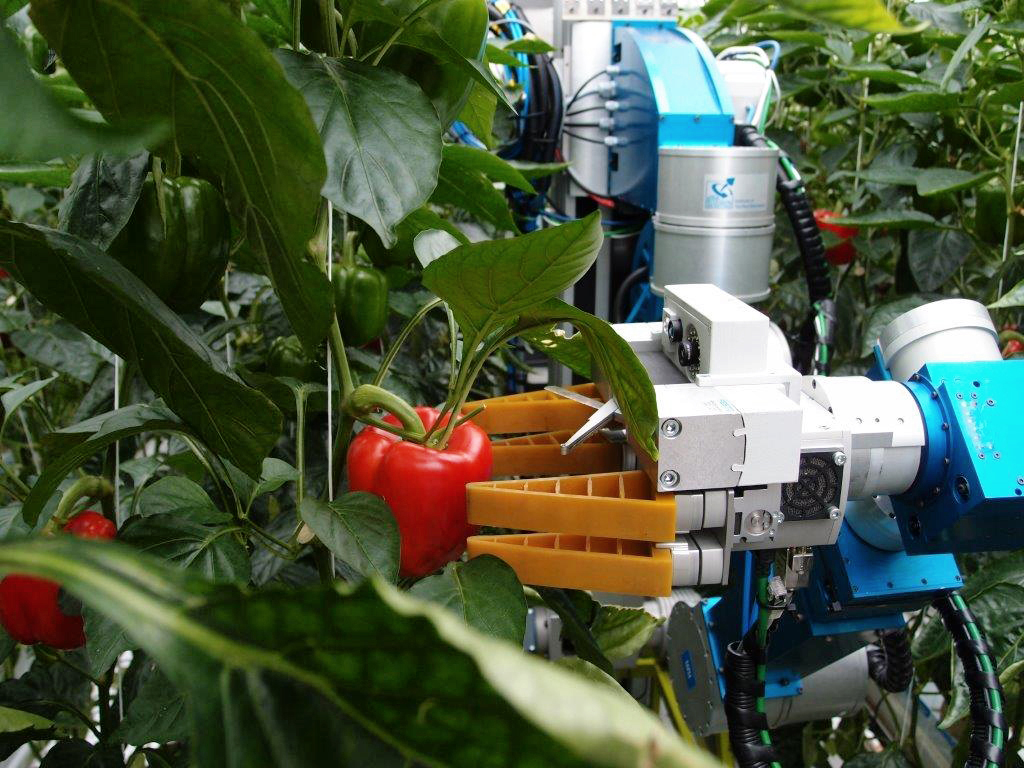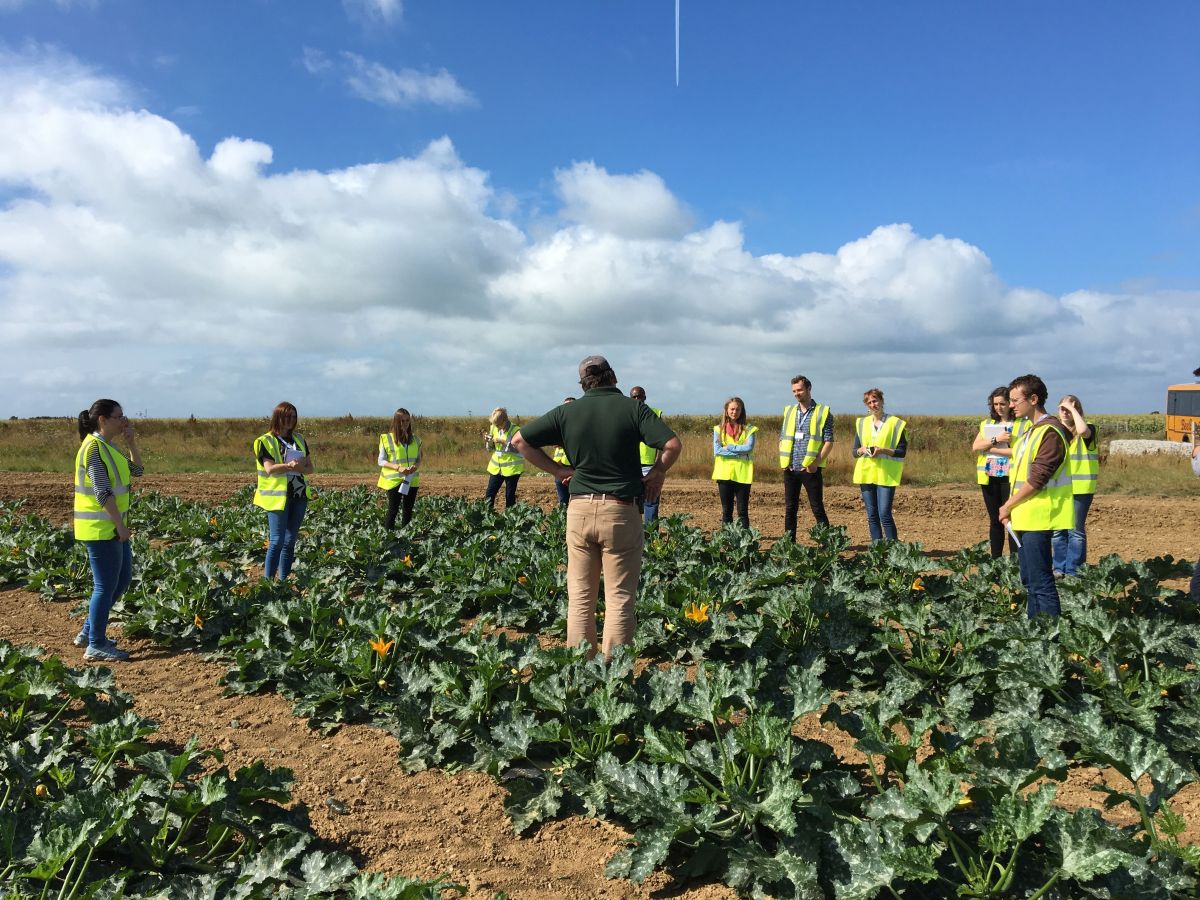
A new study has come to the conclusion that profitability remains a key barrier to investment in the horticultural sector.
The study observed why parts of the horticulture industry do not take up some of the innovative ideas that emerge from universities and research institutes, as well as other areas of the industry.
The study has been undertaken by PhD student Jonathan Menary from Warwick Crop Centre, part of the School of Life Sciences at the University of Warwick.
Project leader Dr Rosemary Collier said the UK fresh produce industry faces 'a number of challenges', and innovation has been promoted as an important way of meeting these challenges.

“However, the nature of innovation in the industry is complex. This project seeks to provide a better understanding of innovation in the industry and indications of how to improve innovative capacity, and relevant knowledge generation and exchange,” Dr Collier said.
One component of the study has involved comparing the agricultural innovation system with the health research industry, to assess how research is translated into new technology and practices. Further work has focused on identifying the sources of, and barriers to, innovation in the fresh produce industry. Over thirty industry experts have provided valuable information as part of this study.
There are a number of factors which have been associated with hindering the UK in developing and using innovation and new technologies, including the regulatory regime and skills gaps.
'Profitability a key barrier to investment'
Dr Jon Knight, AHDB Horticulture said: “We know that the fresh produce industry is positioned well to adopt new technology and innovation whether that is automation to reduce labour costs or new techniques to improve quality of produce, but ultimately as researchers we need to address why some growers cannot implement recommendations and focus on delivering tailored outcomes.”
Profitability in horticulture has the greatest impact and is a key barrier to investment in innovation alongside the diverse crop groups competing for limited R&D budget. Further collaboration in R&D could help drive innovation uptake with those engaged more likely to use findings.
AHDB Horticulture PhD students will be joining fellow students from the potatoes and cereals and oilseeds sectors for the first time at the AHDB Crops Studentship Conference. This presents an opportunity for students to share their final results or their current findings through a mixture of presentations, posters and literature.
As part of the studentship, AHDB expects students to work and gain a feel for real life growing practice. “We hope that by working closely with the industry they see a valuable role for themselves after completing their studies,” says Dr Jon Knight.
